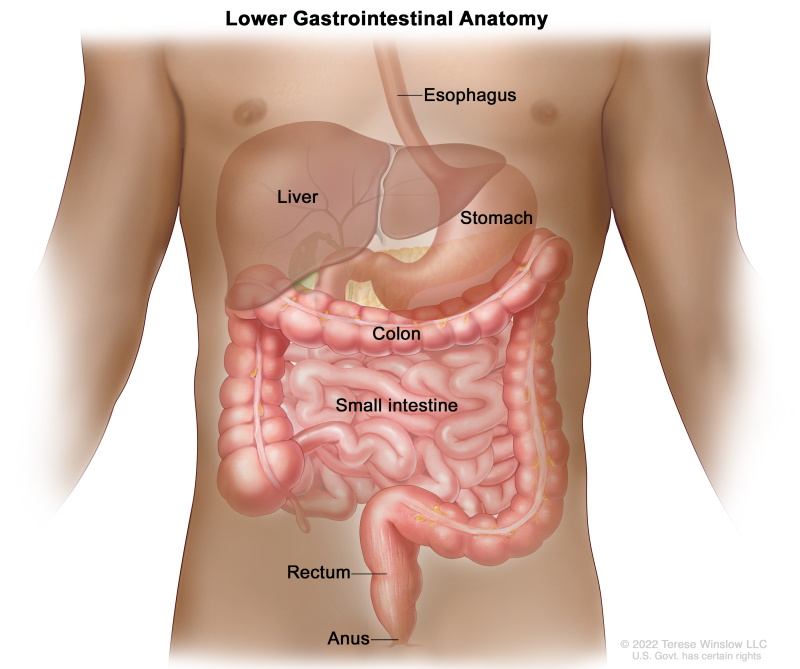Let’s find out ‘How Do You Know If Your Intestines Are Infected? What To Know’ Your intestines are a long, coiled tube that runs from your stomach to your anus. They are responsible for digesting food, absorbing nutrients, and eliminating waste. But sometimes, the digestive system can become disrupted.

This can lead to an infection in the intestines, which can cause serious health problems. So, how do you know if your intestines are infected? Keep reading to find out the signs and symptoms of intestinal infection and what you can do about it.
How Do You Know If Your Intestines Are Infected? What To Know
What Are The Symptoms Of An Intestinal Infection?
Intestinal infections can cause a variety of symptoms, depending on the type of infection and the organs affected. Common symptoms include abdominal pain, diarrhoea, nausea, vomiting, and fever. Symptoms may also include bloating, gas, blood in the stool, fatigue, and weight loss. If the infection spreads to the bloodstream, it can cause sepsis, which is a life-threatening condition.
READ ARTICLE: What Are The Health Benefits Of Parsley? This Is Why You Need It
What Are The Causes Of An Intestinal Infection?
There are a few different things that can cause intestinal infection, including:
–Bacteria: This is the most common cause of intestinal infections. There are many different types of bacteria that can cause an infection, and they can enter the body through food, water, or contact with someone who is already infected.
–Viruses: Viruses are another common cause of intestinal infections. They can be spread through contact with contaminated surfaces or by coming into contact with someone who is already infected.
–Parasites: Parasites are tiny organisms that live in the intestines and feed off of the nutrients that we consume. They can sometimes cause an infection if they multiply to the point where they start to interfere with our digestion.
How Is Sn Intestinal Infection Treated?
There are a number of different ways that an intestinal infection can be treated, depending on the cause and severity of the infection. In some cases, antibiotics may be prescribed to clear the infection. Probiotics may also be recommended to help restore balance in the gut microbiota. In more severe cases, hospitalization and IV fluids may be necessary.
How Can You Prevent An Intestinal Infection?
There are a few things you can do to help prevent an intestinal infection:
-Wash your hands regularly and thoroughly, especially before you eat.
-Avoid contaminated food and water. This includes undercooked meat, unpasteurized dairy products, and water that may be contaminated with bacteria or parasites.
-Be careful when travelling in developing countries where sanitation conditions may be poor.
-If you have a weakened immune system, take extra care to avoid exposure to potentially infectious material.
Summary
There are a few different ways that you can tell if your intestines are infected. One way is to pay attention to your bowel movements. If you notice that you are having more diarrhoea than usual, or that your stools are watery and bloody, this could be a sign of an infection. You may also experience abdominal pain, cramping, or bloating. If you notice any of these symptoms, it’s important to see a doctor as soon as possible so that you can get treated and avoid any complications.
ALSO READ: How Do You Rinse Your Mouth With Salt Water?

